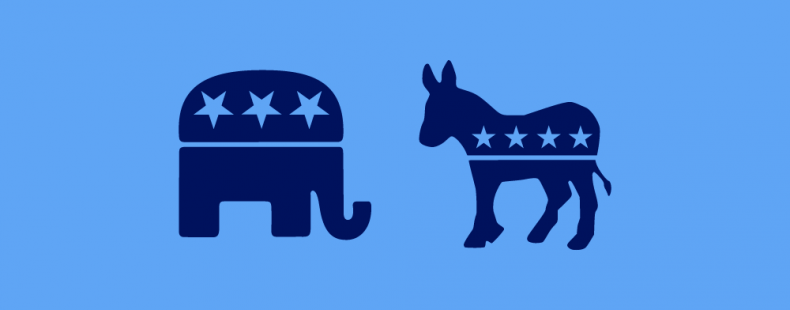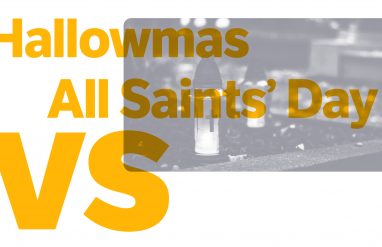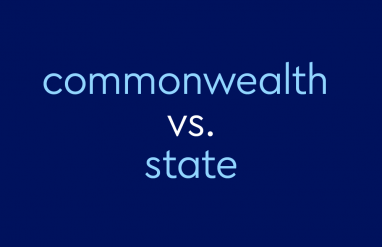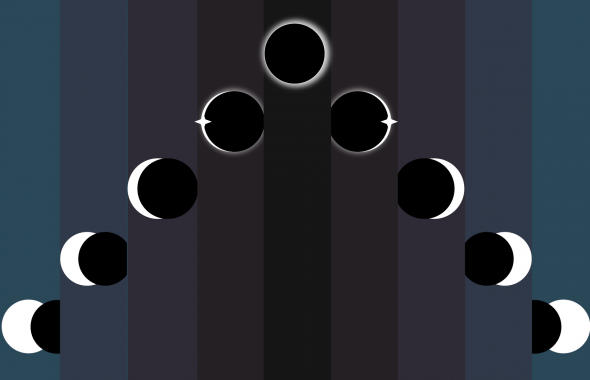In the United States, the words Democrat and Republican are used to refer to members of the two major American political parties: the Democratic Party and the Republican Party.
The general, lowercase senses of the English words democratic and republican actually have long, complex histories that go far beyond red and blue states or donkeys and elephants. Let’s take a closer look at where these two words came from and how they came to be used in the names of the two political parties.
What does democratic mean?
Starting alphabetically, the word democratic means “pertaining to or of the nature of democracy or a democracy.”
Simply put, the lowercase democratic is a word used to refer to anything that resembles or has to do with a democracy, a form of government in which the supreme power rests with the people and is exercised by them directly or by politicians that they elect to represent them. In practice, this is usually accomplished through a fair, organized system of voting, in which citizens or representatives cast votes in support of political candidates (in elections) or societal issues (in referendums).
So, the word democratic is used to describe government systems that are or resemble democracies and the people that run these types of governments. The United States of America is a representative democracy in which the people elect representatives (mayors, governors, members of Congress, etc.) to perform the demands of politics on their behalf. This is why we say that the US is a democratic country or that we have a democratic form of government.
The English word democratic dates all the way back to the late 1500 and early 1600s. It is derived from the Greek word dēmokratía (“popular government”). The government system of the ancient Greek city-state of Athens, in which the people (dêmos) held the power (krátos), is considered the world’s first democracy. Considering that Athens was a patriarchal slave-owning society, its form of democracy was much different than the democratic governments of today.
What does republican mean?
The word republican means “of, relating to, or of the nature of a republic.” Similarly to the word democratic, the word republican also describes things that resemble or involve a particular form of government, in this case the government in question is a republic. A republic is a government system in which power rests with voting citizens who directly or indirectly choose representatives to exercise political power on their behalf.
You may have noticed that a republic sounds a lot like a democracy. As it happens, most of the present-day democracies (including the United States) are also republics. However, not every republic is democratic and not every democratic country is a republic.
For example, the historical city-state of Venice had a leader known as a doge who was elected by voters. In the case of Venice, though, the voters were a small council of wealthy traders, and the doge held his position for life. Venice and other similar mercantile city-states had republican governments, but as you can see, they were definitely not democratic. At the same time, the United Kingdom is a democratic country that has a monarch, and so it is not a republican country because it is not officially a republic.
The earliest records of the English word republican go back to the late 1600s. It comes, via French, from the Latin rēs pūblica, constructed from rēs (“thing or entity”) and pūblica (“public”). For a time, ancient Rome had a republican government with elected magistrates before the establishment of the Roman Empire. While they helped create the term we now use, the actual first republican government is believed to have been in India.
When did the parties gain their names?
While the two major political parties we know today have been around awhile, the names of the major two political parties have changed over the centuries.
George Washington won the elections of 1788–89 and 1792 and served two terms as US president. The presidential election of 1796 pitted John Adams, of the Federalist Party, against Thomas Jefferson. Interestingly, the political party of Thomas Jefferson is actually the original source of the names of both modern political parties.
Here’s what happened: in 1792, Jefferson’s supporters formed a political party that they named the Republican Party to emphasize his desire for a decentralized, republican national government. In response, the opposing Federalist Party, whose members supported a strong federal government, mocked Jefferson’s party as the “Democratic–Republican Party” in reference to the “democratic” radicals of the French Revolution. After losing the election of 1796, Jefferson’s party would officially take the name of the Democratic–Republican Party.
The Democratic–Republican Party would eventually break apart into factions in 1825, resulting in two new parties that would ultimately run against each other: the National Republicans of John Quincy Adams and the followers of Andrew Jackson, whom he referred to as “Democrats.”
These Democrats would officially take the name the Democratic Party in 1844, although the modern Democratic Party officially uses the Democratic National Convention of 1848 as its creation date. Not long after, a new political party united by opponents of slavery would be formed in 1854 and would officially name itself the Republican Party as an allusion to Jefferson’s party of the same name.
In the 1870s, politicians and the press would refer to the Republican Party as the “grand old party” or the “gallant old party,” to highlight their role in defending the Union during the Civil War. The initialism GOP that is still used today is credited to newspaperman T.B. Dowden, who used it in 1884 when he was running out of room in an article.
One last thing to keep in mind is that while the two American political parties use the words democratic and republican in their names, capitalized forms of these words have been used in political parties in other countries that have completely different beliefs and platforms. For example, the Republican Party of France and the various Christian Democratic Parties around the world are completely unrelated to the American political parties.
WATCH: What Is The Origin Of The Republican Party?
- Now that we’ve sorted out the history behind the parties’ names, can we talk about how the terms left and right made their way into our politics? Or where the “grand” in the moniker GOP came from?
- The symbolic differences between the parties don’t stop at their names. We also have a lot to say about why we have red states vs. blue states and why the two major political parties are represented by donkeys and elephants.














